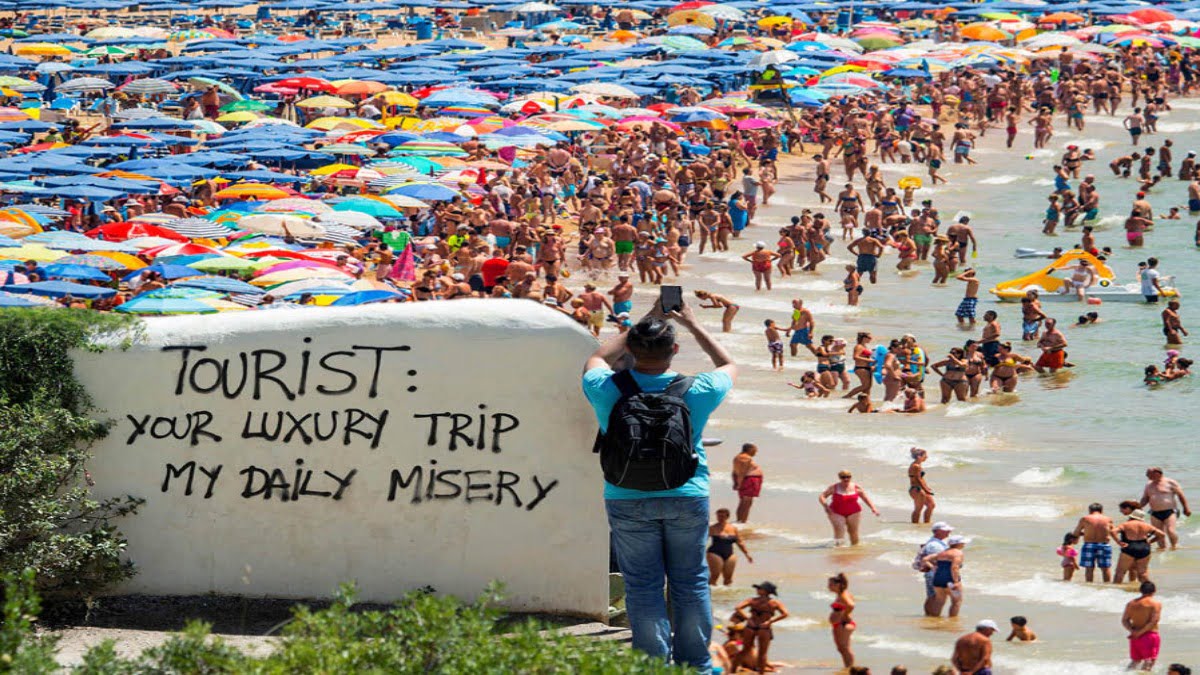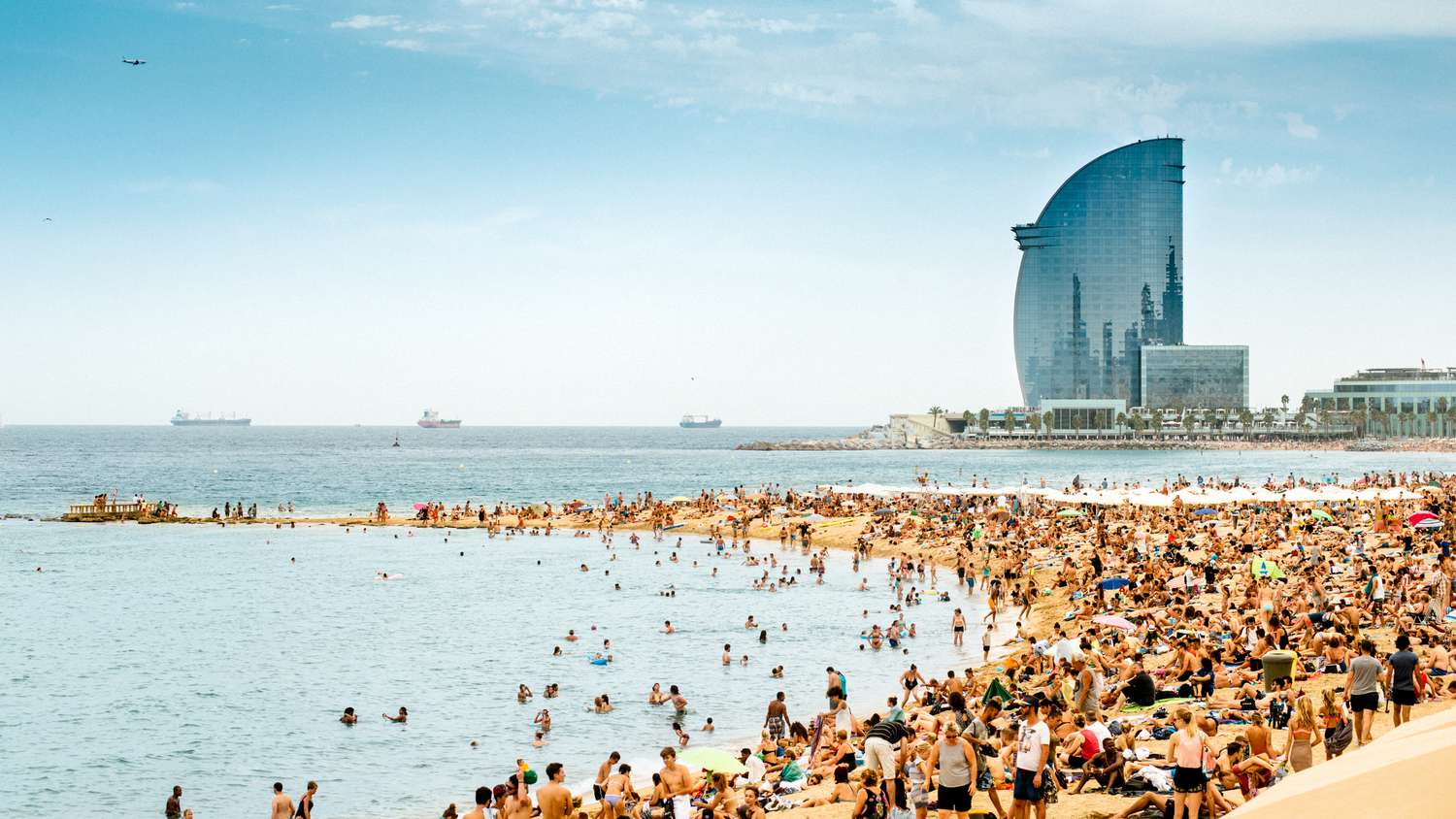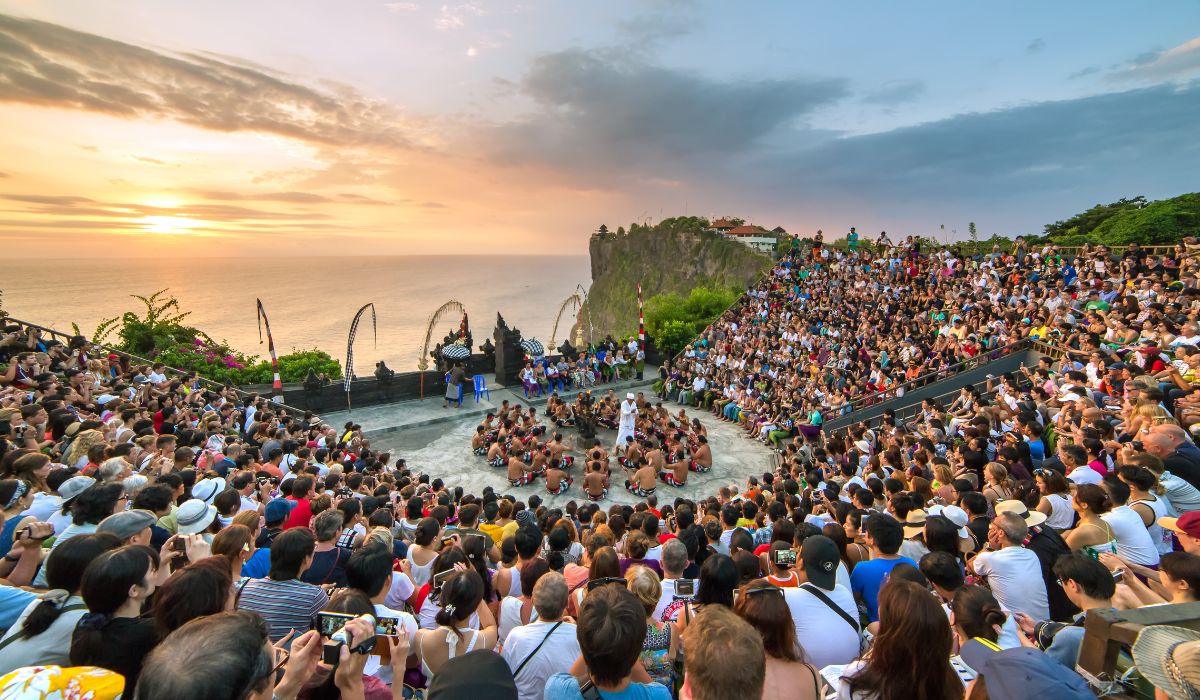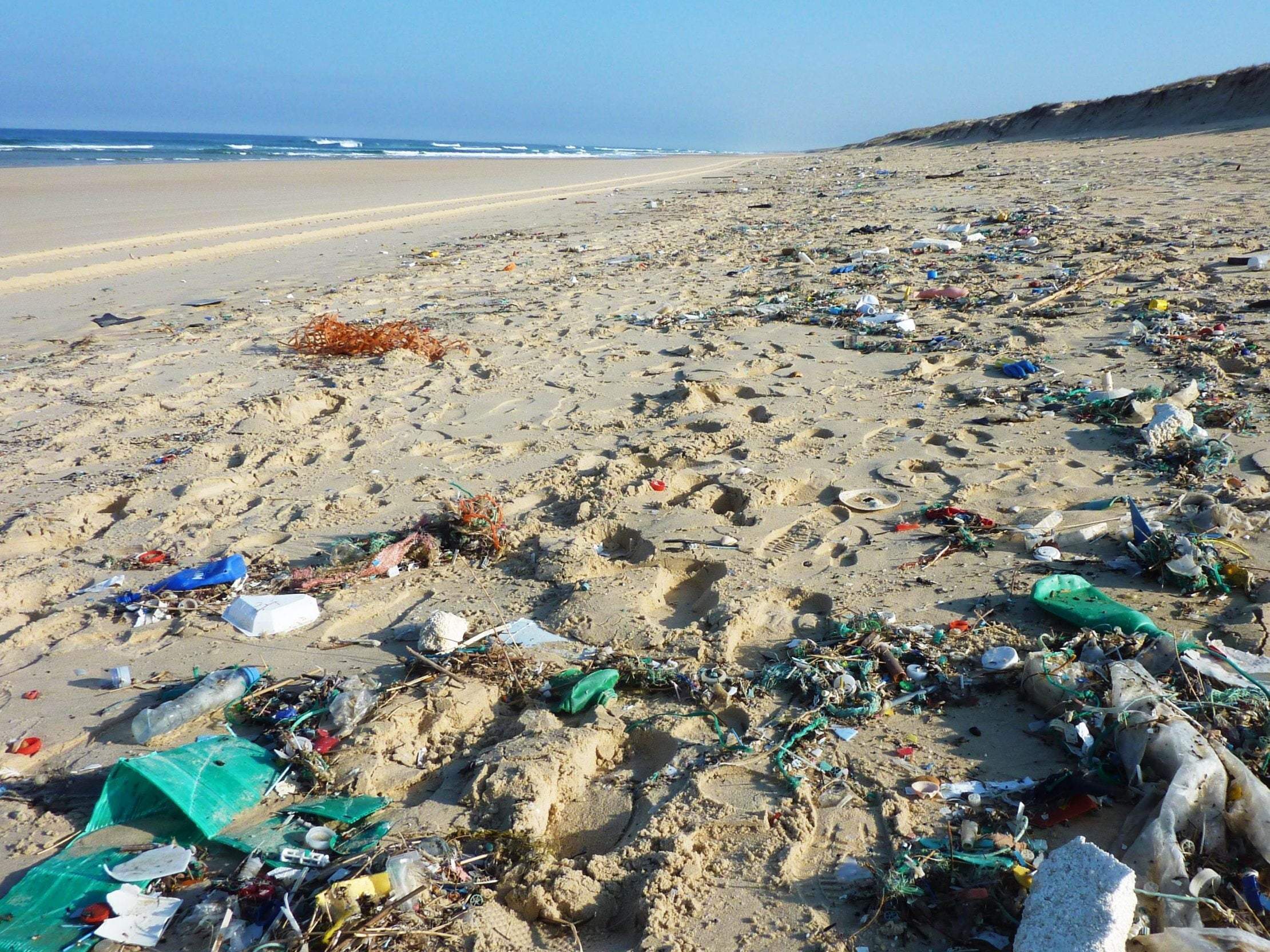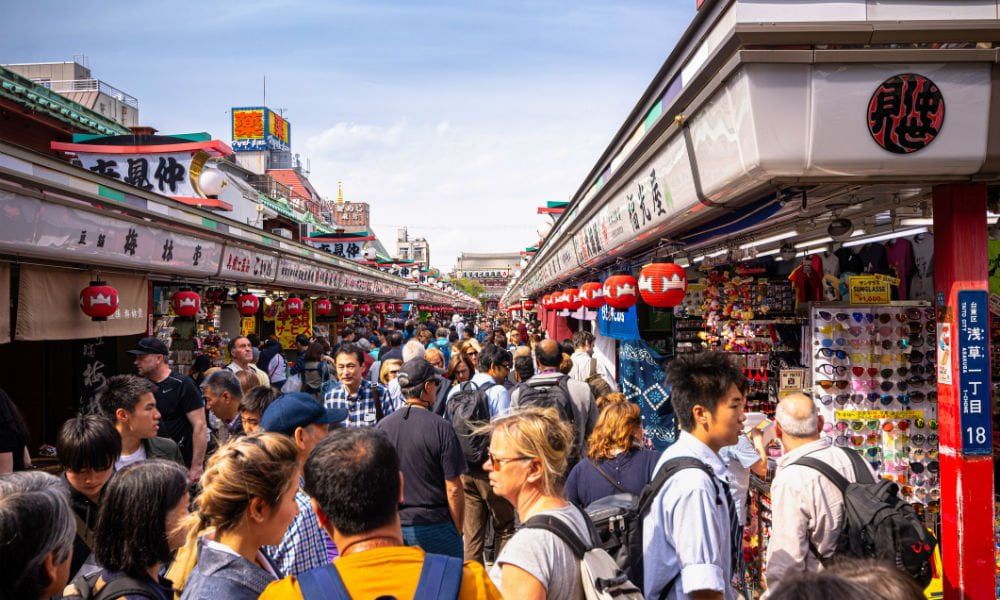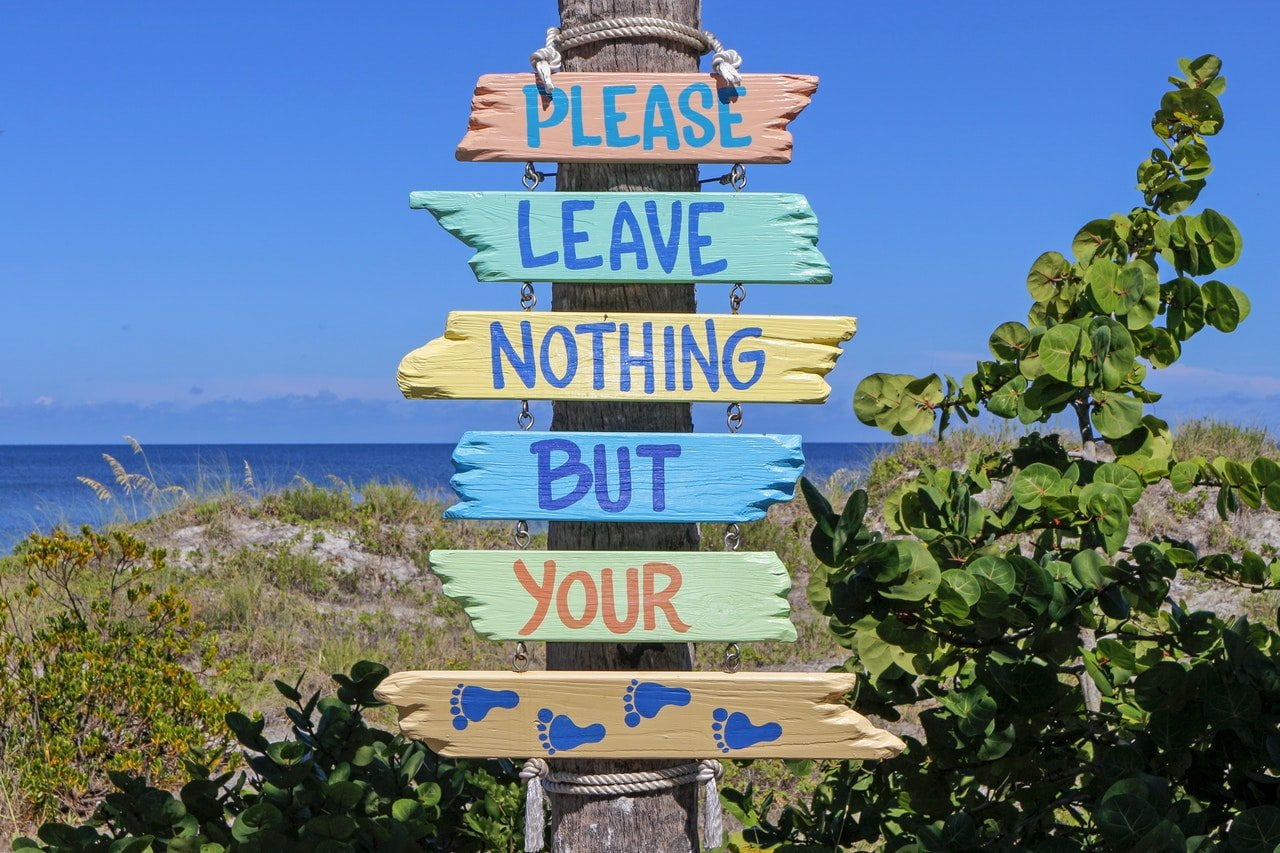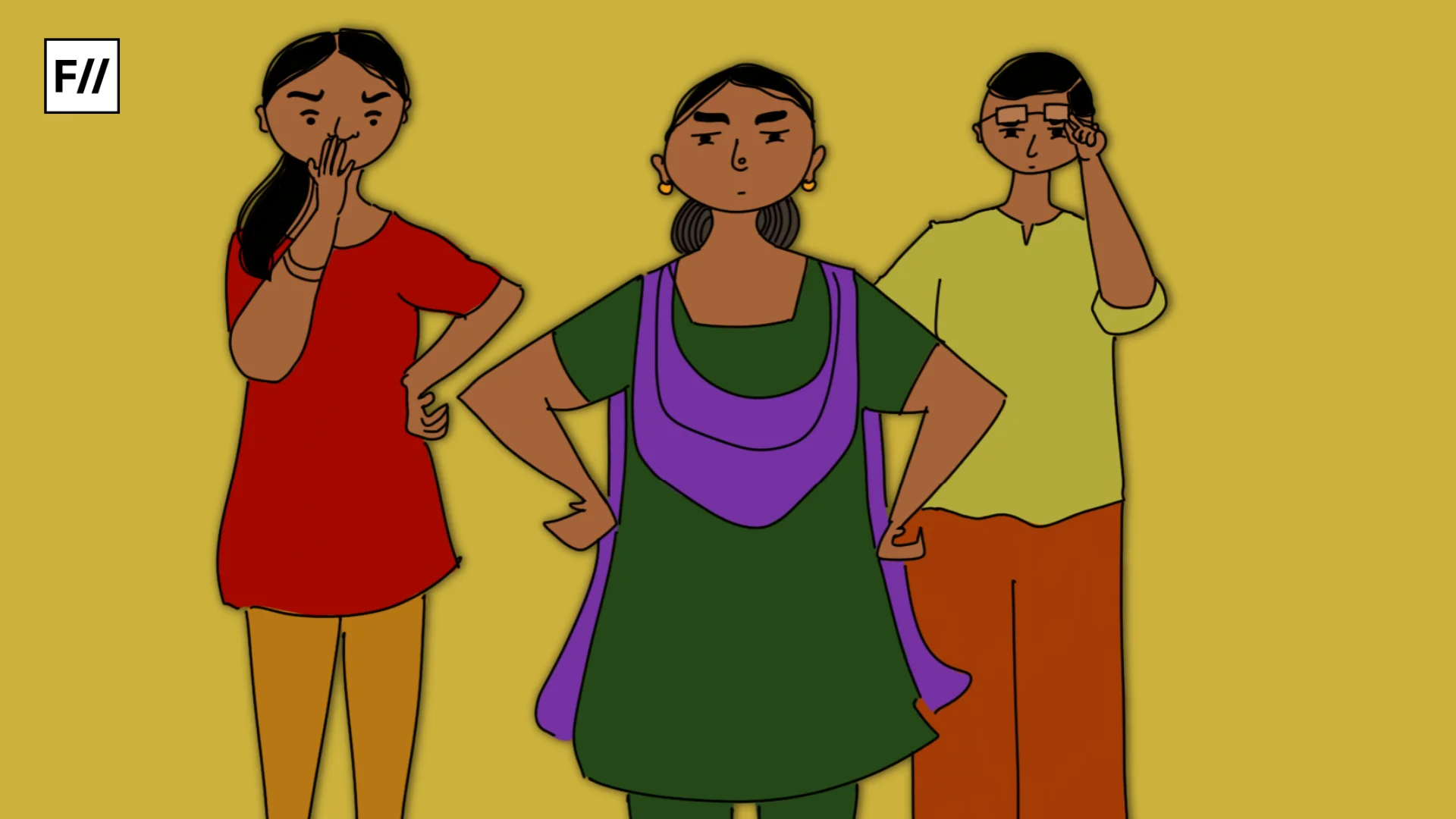‘Have you visited this secret place in Meghalaya?‘ ‘Do you know about this gorgeous country only three-and-a-half hours away from India?‘ These are what many of the travel reels on Instagram are often titled. They entice, they excite, but most importantly, they often pose a risk of overexposing places that are neither ready nor can afford a rush of tourism that is almost inevitable given the current widespread reach of social media.
Moralising tourism is a tricky route. On one hand, one might feel that tourism is the only way to help some local communities who are heavily dependent on it, and on the other hand, there are increased pleas from locals themselves, to stop coming to their areas. To find the delicate balance needs community effort but it must be urgently undertaken.
Cultural exploitation through tourism
Picture this: you’re in a bustling market, surrounded by vibrant colours, unique scents, and the hum of conversations in languages you don’t quite understand. That’s the charm of exploring new cultures, right? Well, yes, but there is a catch. Behind the scenes of these bustling markets lies the shadow of cultural exploitation due to overtourism.
Take Bali, for instance. The Indonesian paradise, once serene, now battles an identity crisis. The influx of tourists have transformed traditional ceremonies into staged performances, leaving the Balinese heritage diluted. ‘The Balinese are people who are still deeply attached to their religion and culture, they spend a lot of time in temples, they respect the rites. But mass tourism is disrupting their practices: the diversity of local cultures and the specificity of rituals is being unified, homogenised. We offer a standardised “package” to foreigners. One example: tourist guides use Polynesian practices, like giving out garland of flowers to new arrivals — as though it was a Balinese custom!‘ Ketut Yuliarsa, a poet and stage director from Ubud, had said to Worldcrunch over ten years ago. One can only imagine it has gotten worse since then.
And it’s not just in Bali. Other places across the world like Machu Picchu in Peru, a site of historical significance, has turned into a selfie haven. Tourists disrespect sacred sites, oblivious to the cultural nuances, creating tension and detachment among local communities. Cultural exploitation manifests in several ways, stripping communities of their heritage and identity. The erosion of cultural identity is a consequence, as tourism often reduces profound traditions to mere stereotypes, diluting authentic practices and languages.
Disrespect for local customs and traditions arises when tourists, unaware of or indifferent to local norms, engage in behaviours that disregards sacred sites and offends the sensibilities of the community. The commodification of culture worsens the issue, transforming sacred practices into marketable products, perpetuating harmful stereotypes and eroding the intrinsic value of traditions. Furthermore, this exploitation disrupts the transmission of traditional knowledge and skills, posing a threat to the sustainability of such cultural practices.
Ecological and environmental damage due to tourism
The rise of tourism, often touted as a boon for local economies, brings with it an alarming trail of environmental exploitation and ecological devastation. Many popular tourist destinations have fallen victim to the adverse environmental consequences of overtourism, with the industry becoming a central player in non-inclusive and unsustainable conservation strategies.
Many popular tourist destinations have fallen victim to the adverse environmental consequences of overtourism, with the industry becoming a central player in non-inclusive and unsustainable conservation strategies.
The high footfall of tourists in natural areas and “secret places” is increasing erosion of footpaths, trampling of nature, and disturbance of wildlife. Take for example, areas with coral reefs. Whether it is at the Andaman Islands or in Australia, there are many diving activities for tourists. In addition to the damage caused by direct contact with corals, snorkelers and divers can also kick up clouds of sediment with their fins, which when it lands on a coral reef, can block the sunlight contributing to the destruction of the reef. Additionally, the plastic pollution levels at tourist sites have reached alarming proportions. Beaches, forests, and oceans, once pristine, are now marred by plastic waste left behind by tourists. This plastic menace not only pollutes the environment but also endangers marine life, disrupting the delicate balance of aquatic ecosystems.
The heart of the issue lies in the prioritisation of the aesthetic value of touristic sites over their cultural and ecological significance. Tourists are drawn to these destinations for their natural beauty, but in the process, they often fail to appreciate the intricate web of life that these places sustain. The consequences are dire — loss of biodiversity, destruction of habitats, and depletion of natural resources.
Local communities, often marginalised and economically disadvantaged, bear the brunt of this exploitation. Their land, water, and resources are exploited for the benefit of the tourism industry, leading to the degradation of their environment and threatening their way of life. Addressing this crisis requires a collective shift in mindset. Sustainable tourism practices, focused on conservation, environmental responsibility, and community engagement, are the need of the hour. Travelers must be educated about the ecological importance of the places they visit, encouraging them to appreciate and respect the natural environment. Additionally, governments and tourism agencies must implement policies that promote responsible tourism, ensuring that economic benefits are balanced with environmental preservation and community well-being.
Unequal distribution of economic benefits
In popular tourist destinations, multinational hotel chains and travel agencies often set up shop, exploiting the land for profit without genuine concern for the well-being of the local people. In TikTok-popular cities and towns, exploitative organisations make substantial profits from tourism, while the communities struggle with skyrocketing living costs and diminishing resources.
As communities become overly reliant on tourism as their primary source of income, vulnerabilities and instability creep in.
Although economic benefits from tourism are often beneficial, they might have a detrimental effect in the long run. As communities become overly reliant on tourism as their primary source of income, vulnerabilities and instability creep in. Fluctuations in tourist numbers or changes in market trends can deal severe blows to their livelihoods. In Bali, the Balinese people heavily depend on tourism. The COVID-19 pandemic’s travel restrictions led to a sharp decline in tourist numbers, causing economic turmoil and leaving many locals in dire financial straits. Moreover, this over-reliance on tourism often limits the diversification of the local economy. With most resources directed towards catering to tourists, other potential economic avenues are overlooked.
This economic exploitation not only widens the wealth gap but also perpetuates a cycle of poverty. The profits garnered by multinational corporations seldom trickle down to the local level, leaving communities trapped in a cycle of dependence. Addressing this issue requires a revaluation of economic policies, prioritising the well-being of local communities over corporate profits. Empowering local businesses, encouraging sustainable practices, and promoting responsible tourism can create a more equitable distribution of wealth. By fostering economic diversification and reducing dependency on tourism, communities can build resilience, ensuring their stability and prosperity even in the face of economic challenges. It is crucial to shift the focus from corporate interests to community welfare, fostering an economic environment where everyone benefits and thrives.
Responsible recreation and tourism
Calling for a complete stop on tourism is neither realistic and nor is it sustainable. What we must instead rally for is, responsible recreation. In the aftermath of the COVID-19 pandemic and a stop on all kinds of traveling for months on end, there has been an influx on holidaying now that the world has returned to normalcy. While it is understandable that everyone would want to vacation once in a while, it is perhaps best to limit the number of times. Jet-setting off to a new location every other week might not be the best idea.
Addressing the above-mentioned challenges require a shift towards responsible tourism, emphasising respect, understanding, and genuine engagement. Responsible travellers must seek meaningful cultural exchanges, respecting local customs and traditions, and actively seeking to understand the deeper nuances of the communities they visit. Simultaneously, local authorities and the tourism industry must prioritise the preservation of cultural heritage, encouraging immersive experiences that promote mutual respect and understanding.
By embracing mindful travel practices, tourists can minimise their ecological footprint, preserving fragile ecosystems and cultural heritage. Supporting local businesses and engaging in genuine cultural exchanges can ensure that communities benefit directly from tourism, fostering economic growth and stability. Choose local guides, take walks and choose local activities instead of choosing alternative activities that can potentially harm the place. Opt for homestays and local cuisines, as such choices can benefit all parties involved in the tourism industry.
Responsible recreation encourages a deeper connection with the places visited, promoting respect, understanding, and a more equitable distribution of resources.
Responsible recreation encourages a deeper connection with the places visited, promoting respect, understanding, and a more equitable distribution of resources. Ultimately, responsible recreation transforms tourism from a potential problem into a solution, ensuring that our wanderlust leaves a positive impact on the environment and the communities we encounter. Through these thoughtful actions, we can safeguard the very essence of our planet, ensuring its wonders endure for generations to come.
